Parts of Speech
This is a word meaning one-celled
Unicellular
A specific characteristic of an organism - in simple terms, either a dominance or a recessive one will show up
Trait
"uni-", as in unicellular, unicorn, or unicycle
One
The word unicellular means this
One-celled
The genetic "code" of life
DNA
This is the act of sorting or organizing something into logical groups based on similarities - in biology, this can be organisms based on physical or other characteristics
(+400: Name the other characteristic that is now used in modern times to classify organisms)
Classification
(Genetic, based on DNA)
This is a living thing that can produce its own energy
(BONUS POINTS: Name some examples)
Autotroph
(Plants, algae, phytoplankton, lichen etc)
Different forms of a gene or trait that can be inherited by offspring from its parents
Alleles
"Bio-", as in biology, biotic, biography, or biomolecule
Life
If an organism has a nucleus, then we use this word
Eukaryote (eukaryotic)
These organisms, one of the 6 Kingdoms of life, are examples of "extremophiles"
Archaea

This is the word for a group of similar organisms that can breed and have successful, fertile offspring
(+300: Give the scientific name of one of these as an example)
Species
This is a living thing that cannot produce its own energy
(BONUS POINTS: Name some examples)
Heterotroph
(Animals, Fungi, some Bacteria and Protozoa)
On a Punnett Square, if the results are TT or Tt, then the trait will be this
Dominant
"Geo-", as in geography, geology, or geotropic
Earth/world
If an organism has part of its life cycle in water, but then also inhabits land during a portion of its life, we use this word
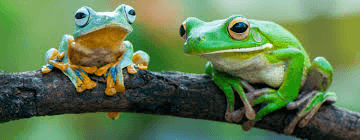
Amphibian
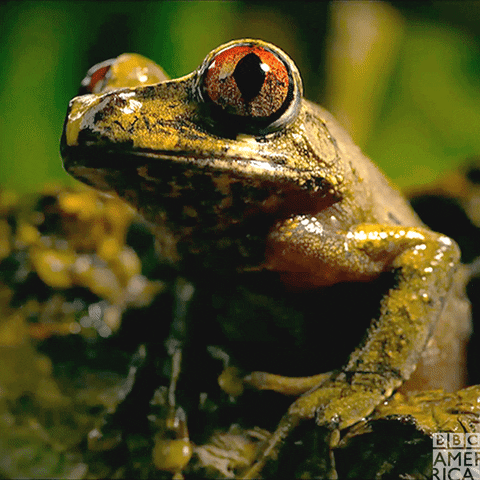
These 2 Kingdoms don't have nuclei in their cells

Bacteria and Archaea
These are organisms that get their food/energy from consuming other living things - no self-sufficiency here!
(+800: For each major kingdom you can name that is like this)
Heterotrophs
(Humans, animals, fungi, many protozoa, most bacteria)
This is the branch of biology that deals with identifying, naming, and classifying different living things
Taxonomy
In a Punnett Square, if the results are tt, then the trait will be this
Recessive
"Photo-", as in photograph, photon, photosynthesis, or phototropic
Light
When referring to an organism in Science, we use its scientific name, which is these two words put together (name the levels of classification)
Genus + species
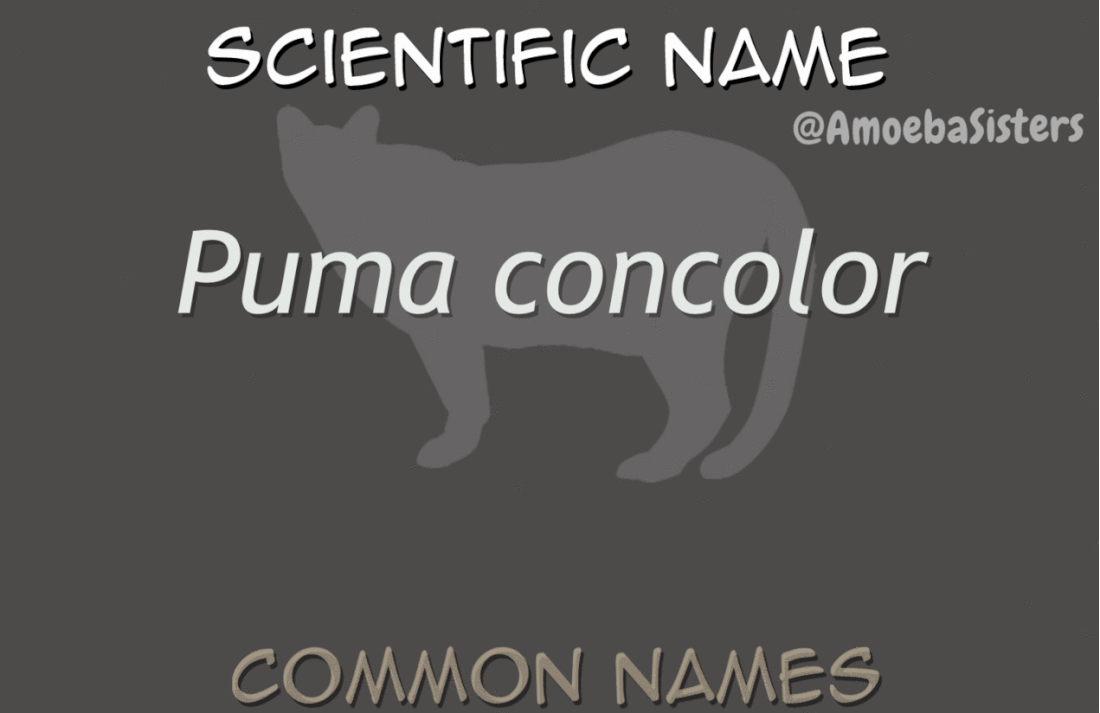
This is the word for the classification of all organisms in the Tree of Life based on shared characteristics; it has changed and evolved over time as more species have been discovered - it can be very taxing to think of this stuff
(+1000: Name the person who first came up with a system like this)
Taxonomy
(Carolus Linnaeus, Sweden)
This particular type of fossil found in Australia is important in the study of earliest life and is very delicate
Stromatolites
The maintenance of balance in an organism which allows it to grow, respond to its environment, transform energy, and reproduce
Homeostasis
This is the branch of biology that deals with identifying, naming, and classifying different living things
Taxonomy
The fact that water has a high amount of this means that lightweight moving objects, like this spider, can easily "walk on water". It also explains part of what allows water to travel upwards in a plant against gravity: (two words)
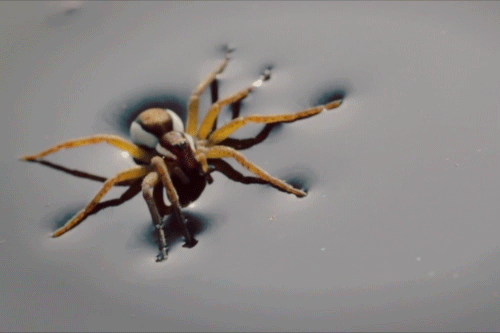
Surface tension
"-phyte", as in bryophyte, or phytonutrient
Plant
This word is used for the study of plants

Botany
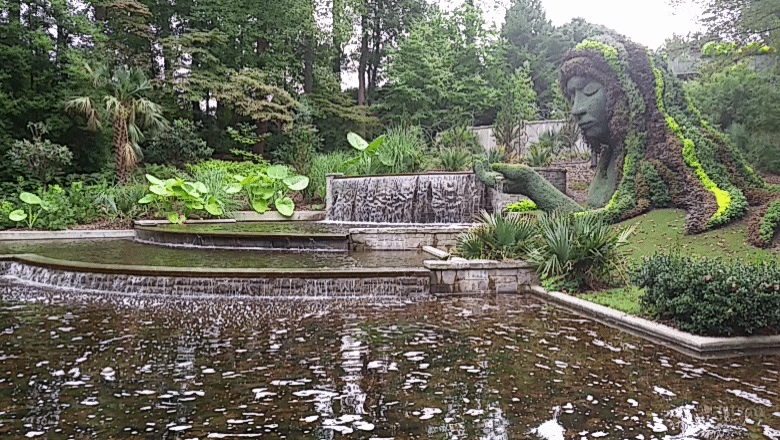
The scientific name of any organism is made up of these two words:
Genus + species
(Homo sapiens, Felix catus, Canis familiaris)